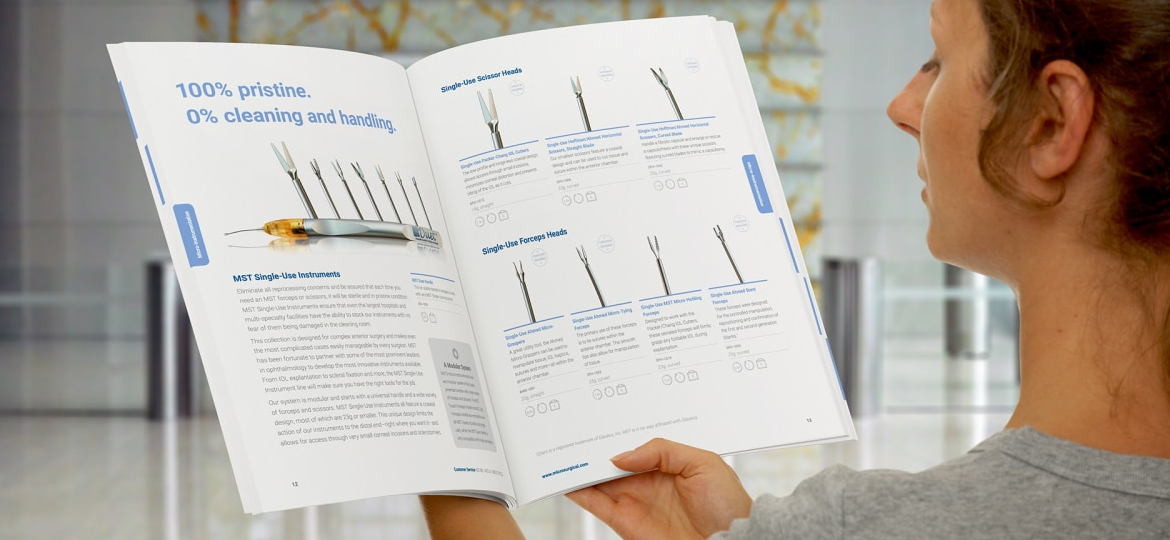First Certificate in English (FCE) Listening Part Three
What will you be listening to?

In this part of the Cambridge FCE, you will listen to five speakers. Each speaker talks about a related topic. Then you have to match the speakers to what they say about the topic. There are eight choices, but only five speakers, so three options are extra. You are able to listen to the audio recording twice, so don’t panic if you don’t get everything the first time around.
This part of the listening section assesses how well you can understand attitudes and opinions, and your capacity to figure out the overall meaning.
For instance, you might listen to five people talking about their school and program, and you have to decide if their school and program is good or if they enjoy their studies. This means that you need to understand that a person enjoys his or her school and program even though they may not use the exact word ‘enjoy.’
Some advice approaching the questions
People get nervous during a test, especially when listening or speaking are involved. You need to relax; otherwise, you won’t be able to listen properly and will miss information. A simple and effective way to calm yourself is to breathe slowly and deeply. It will cause your body to relax, heightening your ability to listen effectively.
You have time to read the questions before you hear the audio recording. Do this. Having an idea of what you are listening for will help identify the needed information. Also, read the instructions carefully. It is common for test-takers to get a question wrong because they didn’t follow the instructions properly.
An example question
There will be 5 speakers. There are 8 options to choose from. That means 3 options are extra. The speaking speed is at a normal pace i.e. 150-160 words per minutes, so you need to get used to this.
Read over the options before the audio begins; you will have time to do this. In the actual audio, a young man is speaking.
Speaker 1
A. the decoration of the place
B. the feeling of leaving fully satisfied
C. the quality of the food
D. the welcoming and cheerful atmosphere of the place
E. the friendliness of the waitress
F. the oversized portions
G. the tasty offer on desserts
H. the all-day breakfast
Here is the transcript.
SPEAKER 1: I was a bit reluctant to try this new vegetarian restaurant that my friends recommended but it turned out to be incredible. I’m not a vegetarian and I must admit I like meat or fish with most of my meals. Until recently, I had left the vegetarian restaurants I went to with the feeling I just needed a little bit more and I always missed not having a piece of meat. To my amazement, this new place offered so many tasty options that I had no need for a meat fix afterwards. I had some grilled mushrooms, fried aubergines with honey and an egg salad. I was so stuffed that I even skipped dessert!
What is Speaker 1 mainly talking about?
B : the feeling of leaving fully satisfied
The speaker says that unlike on previous occasions and to his amazement he didn’t need any meat and was so stuffed. He couldn’t even eat dessert, so (B) is the correct answer.
The other options don’t work since speaker 1 doesn’t mention them.
Getting ready for part three

Since this is a specific kind of question that you wouldn’t normally find in a real conversation, it’s important to practice with genuine test questions.
You need to get used to reading over the available choices prior to listening. A lot of people don’t bother; they just listen. Learn to read the options prior to the audio recording as you will have time, and it improves your score.
Become accustomed to different accents. It can be troublesome for some listeners. There will be accents from a variety of countries, so go to YouTube and get used to how different nationalities pronounce things.
Identify and learn from your mistakes. Don’t just move on to the next question. That is poor test preparation. Analyze your errors and ask yourself these questions.
- What did I get wrong on this question?
- Why did I get that question wrong?
- Is there something that I don’t understand?
- How can I improve?
Also, read any practice transcripts that accompany the recordings in practice materials and try to figure out what the problem is. Furthermore, identify any words or phrases that you don’t know and write them down.
It is key to listen to materials that are at your level. Listening to materials that are too difficult won’t make you better and will waste your time.
If you wish to know about the FCE instructions, you can refer to other articles we have written for you such as FCE Listening Part 2: Sample Test And Exercices.



